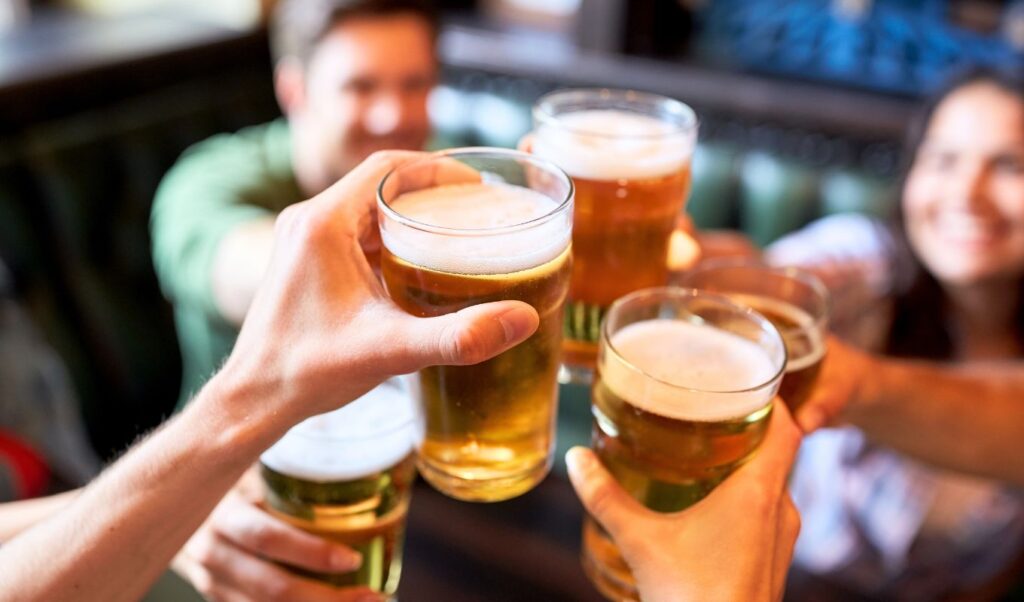The question what is the legal drinking age in Europe concerns many, as age limits vary significantly between European states. While the average across Europe is 18 years, there are notable exceptions that reflect different cultural approaches to alcohol consumption.
Alcohol consumption age limits in Greece
In Greece, the legal limit for purchasing and consuming alcoholic beverages is set at 18 years. Despite the legislation, reality presents concerning data. Recent tragic incidents, such as the death of a 16-year-old girl in Gazi due to excessive consumption, highlight the problem of law enforcement failure. According to the ESPAD 2024 survey, conducted in 37 countries, alcohol consumption indicators for 16-year-olds in Greece far exceed the European average. Specifically:
• 92% of 16-year-olds consider alcohol easily accessible,
• 86% have consumed at least one alcoholic drink,
• 59% consumed alcohol in the last 30 days,
• 37% had a binge drinking episode (5+ drinks) in the last month.
Countries with 16-year age limit
Meanwhile, several European countries apply a more relaxed approach, allowing 16-year-olds to consume specific alcoholic beverages, such as beer and wine. Germany, Austria, Denmark, Belgium, Luxembourg and Switzerland belong to this category. The philosophy of these countries is based on the belief that supervised exposure to alcohol from a young age reduces the risks of uncontrolled consumption. In Denmark, for example, 16-year-olds can purchase drinks with content below 16.5% ABV, while for stronger alcoholic beverages they must wait until 18.
Which European country has the lowest drinking age?
Germany has the lowest drinking age in Europe: you can drink from age 14, but only under parental supervision and only beer or wine. At 16 you can drink beer or wine alone, and at 18 you can drink spirits.
The special case of Malta
Malta presents a unique approach to the issue of age limits for alcohol in Europe, setting the legal age at 17 years since 2009. This decision represented a compromise between the desire to limit school consumption and maintain social traditions. The island nation remains a rare example of a jurisdiction applying the 17-year limit, as most countries prefer either the European standard of 16 years or the more widespread limit of 18 years.
Alcohol consumption: The 18-year standard
18 years, therefore, constitutes the most widespread age limit for alcohol consumption internationally. This standard is applied in most European countries, such as France, Spain, Italy, Greece, the United Kingdom, Ireland, the Netherlands and others. The logic behind this choice is connected to the age of legal majority, when individuals acquire the right to vote, marry and sign contracts.
Stricter limits at 20 years
However, some countries choose a stricter approach, setting the age limit at 20 years. Iceland and Lithuania, which raised its limit from 18 in 2018, are characteristic examples of this trend. These countries cite public health reasons for their choice, aiming to reduce problems related to alcohol consumption at young ages. Sweden has the strictest alcohol consumption restrictions. The minimum drinking age in bars is 18, but many bars don’t allow entry under 20 or 25. This happens because the minimum age for purchasing alcohol above 3.5% is 20, while below 3.5% can be purchased from 18.




